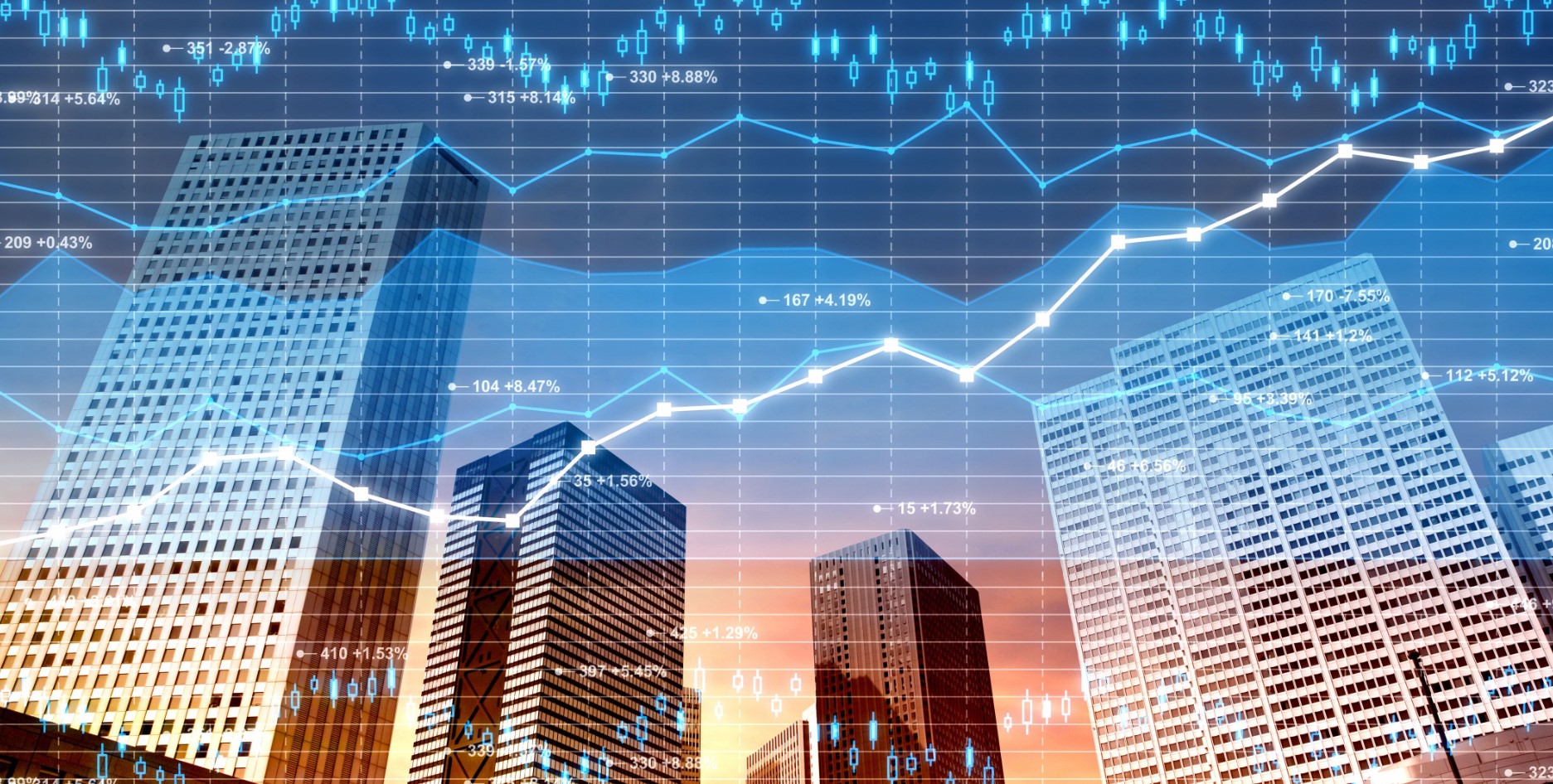The forex market, also known as the foreign exchange market, is the largest and most liquid financial market globally, with a daily trading volume exceeding $6 trillion. It is where currencies from different countries are traded, and exchange rates are determined. These exchange rates are not solely influenced by economic factors but are also significantly affected by political dynamics.
The Role of Governments
Governments play a pivotal role in shaping their country’s economic policies, which in turn influence the value of their currency. Policies such as interest rates, inflation targets, and fiscal measures can have a direct impact on exchange rates. For example, a government that pursues a low inflation policy tends to have a stronger currency, as it instills confidence in investors.
Governments also intervene in the forex market directly by buying or selling their currency. When a government believes that its currency is overvalued, it may sell its own currency in the market to decrease its value. Conversely, if a government wants to strengthen its currency, it may purchase its own currency to boost its value. These interventions can be used as tools to maintain economic stability and competitiveness in the global market.
Furthermore, political stability and leadership play a crucial role in determining a country’s currency strength. Political unrest, corruption scandals, or frequent leadership changes can erode investor confidence, leading to a depreciation of the currency. Investors tend to seek safe-haven currencies during times of political uncertainty, such as the Swiss Franc (CHF) or the U.S. Dollar (USD).
Geopolitical Events
Elections and Political Stability
Elections are a crucial political event that can greatly affect forex exchange rates. The uncertainty surrounding elections can lead to volatility in the currency market. Traders often become cautious and may avoid trading in currencies of countries with upcoming elections due to the unpredictable outcomes and potential policy changes by the winning party.
For instance, the U.S. presidential elections are closely watched by forex traders worldwide. The policies and economic agendas of the winning candidate can have a profound impact on the U.S. Dollar and its exchange rates with other currencies. The market may react differently to candidates with divergent economic views, leading to fluctuations in currency values.
Political stability is another critical factor. Countries with a history of stable governments tend to have more stable currencies. In contrast, nations plagued by political turmoil may see their currencies depreciate as investors seek safer alternatives.
Trade Relations and Tariffs
Trade Wars and Currency Devaluation
Trade relations between countries can escalate into trade wars, where tariffs and restrictions on imports and exports are imposed. These trade tensions can lead to currency devaluation as countries try to make their exports cheaper to gain a competitive advantage. For instance, during the U.S.-China trade war, both countries engaged in currency devaluation strategies to mitigate the impact of tariffs.
Effects of Trade Wars on Forex:
- Currency Depreciation: Trade tensions can lead to the depreciation of currencies involved in the dispute.
- Volatility: Forex markets become more volatile as trade war news unfolds.
- Safe-Haven Assets: Investors turn to safe-haven currencies and assets during trade wars.
Notable Trade Wars and Forex Impact:
- S.-China Trade War: Affected the Chinese Yuan (CNY) and the U.S. Dollar (USD).
- Brexit Trade Uncertainty: Impact on the British Pound (GBP) during the UK’s negotiations.
Central Banks
Central Bank Interventions
Central banks, as monetary authorities, often intervene in the forex market to stabilize their currency or achieve specific economic goals. They can buy or sell their currency to influence its value. For example, a central bank may intervene to prevent its currency from appreciating too rapidly, which could harm its export industries.
Methods of Central Bank Intervention:
|
Central Bank Action |
Impact on Currency Markets |
|
Currency Purchases |
Increase currency value. |
|
Currency Sales |
Decrease currency value. |
|
Interest Rate Changes |
Influence investor sentiment. |
Currencies Affected by Central Bank Actions:
|
Currency |
Central Bank Influence Factors |
|
Swiss Franc |
Swiss National Bank’s interventions. |
|
Japanese Yen |
Bank of Japan’s actions and policies. |
|
Euro |
European Central Bank’s decisions. |
The Brexit Example
Brexit, the United Kingdom’s decision to leave the European Union, provides a noteworthy case study of how politics can impact forex exchange rates. The uncertainty surrounding the Brexit negotiations caused the British Pound (GBP) to experience significant fluctuations. As negotiations progressed, the GBP’s value would rise or fall based on political developments.
In conclusion, politics and forex exchange rates are deeply intertwined. Government policies, geopolitical events, trade relations, and central bank interventions all contribute to the complexity of the forex market. Traders and investors need to stay vigilant and informed about political developments to make informed decisions in this dynamic market.
FAQs
- How quickly can political events affect forex exchange rates?
Political events can have an immediate and significant impact on forex exchange rates, causing rapid fluctuations in value.
- Are all political events equally influential on the forex market?
No, not all political events carry the same weight. Elections, major policy changes, and geopolitical conflicts tend to have a more substantial impact.
- Can central bank interventions stabilize exchange rates?
Yes, central bank interventions are designed to stabilize exchange rates and prevent excessive volatility.
- How can traders prepare for political uncertainties?
Traders can prepare by staying informed about political developments, diversifying their portfolios, and using risk management strategies.
- Are there any long-term effects of political influence on forex exchange rates?
Yes, political decisions and policies can have lasting effects on exchange rates, shaping long-term trends in the forex market.

